Kit DesLauriers: HANAH's next Mastery Series interview takes us to the top of the world
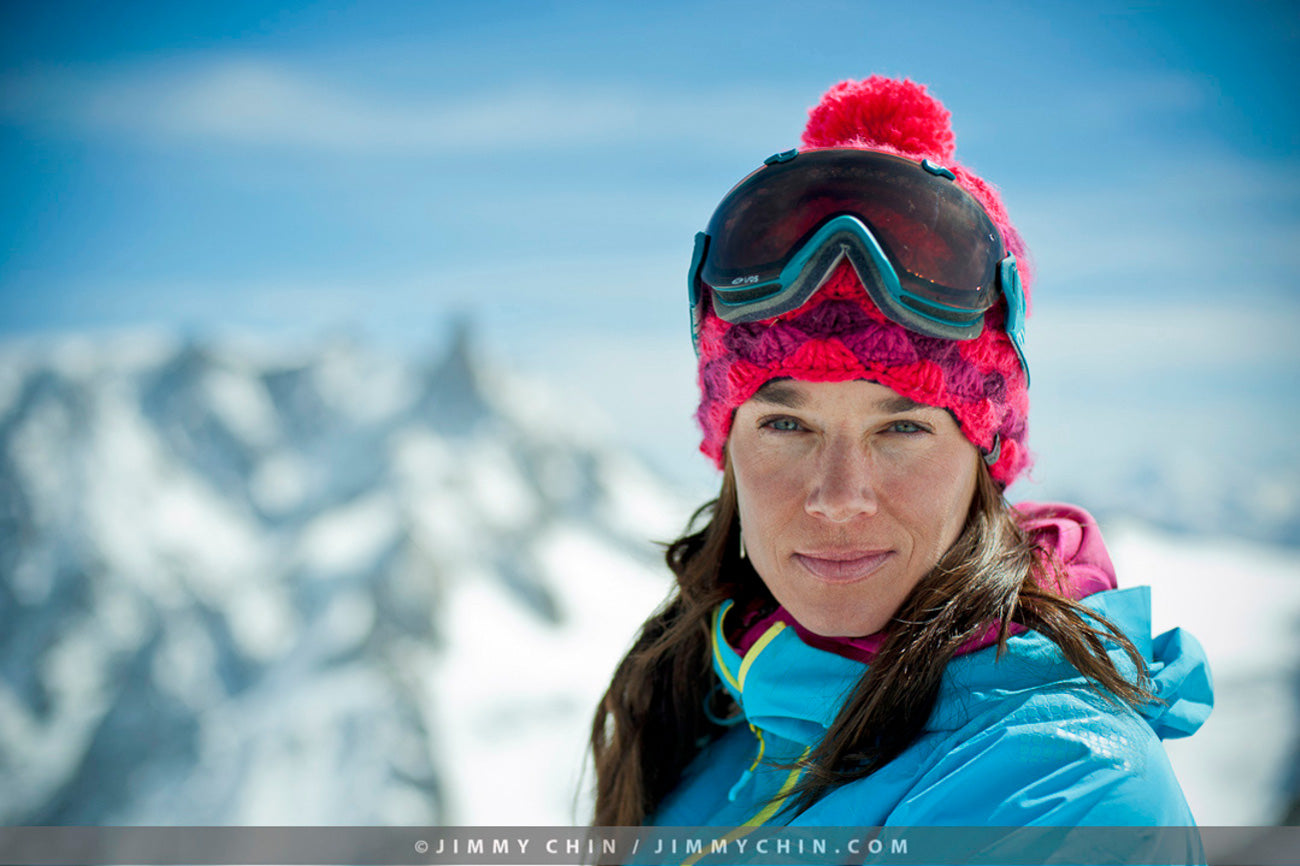
HANAH Hero Kit DesLauriers on what mastery means to her
When it comes to being a true master of multiple domains, few people can come close to Kit DesLauriers. Only a select group has successfully climbed the Seven Summits (aka the highest peak on each continent). Kit not only completed the challenge but also became the first person to ski down from the top of every summit, finishing her historic feat in October 2006 on the biggest peak of all: Everest. Such exploits earned her a National Geographic Explorer of the Year Award. Oh, and did we mention she has also claimed back-to-back World Freeskiing Tour titles and has become a champion of protecting unspoiled wilderness from energy exploitation?
Yet for all her successes, ski mountaineering, expeditions, and the rest aren’t about accolades, awards, or first ascents/descents (though she has racked up plenty of these in Alaska’s formidable Brooks Range). Outdoor exploration is a way of life for Kit, her husband Rob, and their two daughters, who live in the idyllic Teton Range of Wyoming. While between trips, she kindly took time to share her thoughts on living a full life, raising fearless girls, the importance of having a quest, and more.

After completing the Seven Summits, how did you find new ways to challenge yourself?
We get ourselves into trouble when we only think about trying to top what we did last. A more authentic way is to continue to do things that make our hearts sing. After the 7 Summits I concentrated on having and raising my children and fulfilling my adventurous side closer to home. As well as skiing in the Tetons, I worked with the North Face to build a line for kids and wrote my book.
I also decided to become a professional speaker. It took a lot of work and discovery and showed that personal challenges aren’t just physical, but come in many different forms. A lot of people have a very real fear about public speaking. That’s normal when you’re in a situation that has consequences – I’ve felt it many times right before dropping in. When you have any kind of fear you can only successfully navigate your way through when you first acknowledge and sit with it until you become comfortable. Then you’re ready to operate from a power place. That goes for public speaking, skiing, or anything else. I still get the jitters before a talk but have learned to use them to my advantage. The only way to elevate yourself is to take action despite your fear.
What’s the most important lesson you’ve learned in the past few years?
We hosted a Tibetan lama, Phakchok Rinpoche, at our house and spent time with him at a retreat in Jackson, Wyoming. I told him about an issue I was having with someone and he listened intently. When I was done, he looked at me and said, “There’s too much ‘I’ in your story. That’s the real problem.” Then he suggested I go back into the situation with my full focus on feeling and sending love. I did and the result was nothing short of a miracle. The energy in that conversation and relationship completely shifted and continues to be positive to this day, eight years later.
What does it mean to you to live a successful life?
A successful life is one in which you don’t shy away from personal growth, contribute to the greater good, and do no unnecessary harm.
How can having a quest be beneficial?
When you have a quest it puts you in the middle of what you say you want to do. It gives you a focus and a purpose. When I first started the Seven Summits, I was still on the World Freeskiing Tour and knew that if anything went wrong in a competition it would jeopardize the Summits. That taught me to step back from the long-range goal that was driving me and be completely present in the moment. I became detached from the outcome. You can’t go looking for a defining epiphany if you’re not embodying the moment and waiting for that opportunity to present itself. When I’m skiing, my field of vision is constantly adjusting. I’m looking a thousand feet down the mountain but also at the next four or five turns. Yes, we need to keep our eyes on the goal that we’re striving for but also balance that with awareness of what’s right in front of us. And then give ourselves the space to go back and forth between the two.
How do you juggle being a mother, adventurer, and skier?
It’s very important that I raise my children to have an appreciation of the natural world and to believe that anything is possible. We took them to Everest base camp and they walked with us for 20 days up to 17,500 feet and loved it. I want them to know that they can feel at home in nature and to set an example when I go out on expeditions so that when they become parents they know they don’t have to give up doing what they love. When I was writing my book and hit a sticking point, I’d remind myself that I had to keep picking it back up so my children could hear from me who I was before I became their mother. After the photoshoot in the Ruby Mountains I decided to push on home as I was getting ready to join my husband and kids in Hawaii. But on the way back I decided to stop and take a hike we’ve all done as a family many times. My daughter called and asked where I was and when I told her she said, “Mom, that sounds just like you!” I hope it demonstrated that you need to take time out to enjoy life’s journey.
You’ve been in some of the most remote places on Earth. What have they taught you?
Wildness shows that we as people are a small part of something much larger and more powerful than us. We belong in the picture but we’re not everything. Most of the time we do whatever we want as humans, and now the people in charge are doing that with public lands. When you immerse yourself in raw wilderness it’s a return to the way we used to live and it puts things back into perspective.
The Arctic Wildlife Refuge called me back into adventure when my youngest child was six months old. Being out in 20 million acres of wilderness forced me to draw on my survival skills in this deep, immersive experience in the unknown. We skied several peaks in the Brooks Range and then went across the coastal plane, finishing at the Arctic Ocean. That trip enlivened a part of me that’s focused on justice, truth, and fairness. The Arctic is in peril from drilling and exploitation that threatens nature at its most pristine. My expeditions have inspired me to stand up and find another part of my voice to help defend it.
What does mastery mean to you?
The more mastery you achieve, the more you must continue to learn. A true master is one who’s always in the process of learning – a lifelong student. As we continue to practice our craft, we must never let our ego get in the way or think that we’ve become a master. Sometimes you need to not charge blindly ahead but to cultivate awareness that makes you pause, survey your surroundings, and make a better decision. This past week I was on a photoshoot in the Ruby Mountains. We were climbing and got to a layer that all my senses told me wasn’t right. I knew immediately that we needed to stop and reevaluate, and was grateful that I was the one who had the chance to see the snow, feel it, and use my experience. We dug a pit and found a very reactive layer and then did a second test that uncovered even deeper instability. Those tests and my heightened senses led to me saying, “That’s it – we’re not topping out today.” Even though we were so close to the top, to keep going would’ve been dangerous, so we all turned around and headed back down. Sometimes you have to know when to walk away so you’ll be able to keep working towards mastery and doing some good in the world.
- Learn more about Kit DesLauriers with her Rituals video here and her Turmeric tea recipe here.
- Read more about all our Heroes here.
- Catch up on our other Mastery Series with Bibi McGill here, guitarist, yogi, DJ and so many other amazing things.

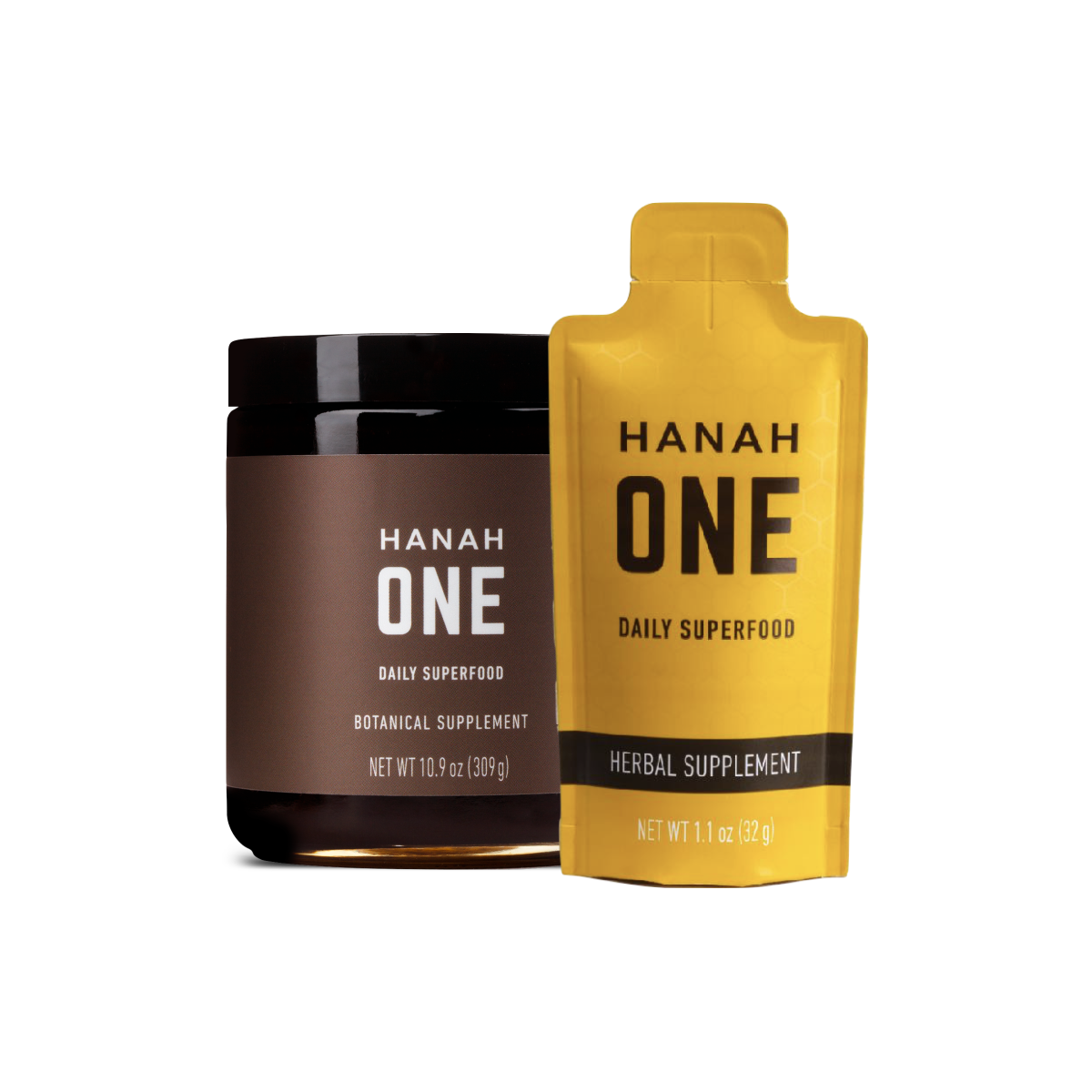
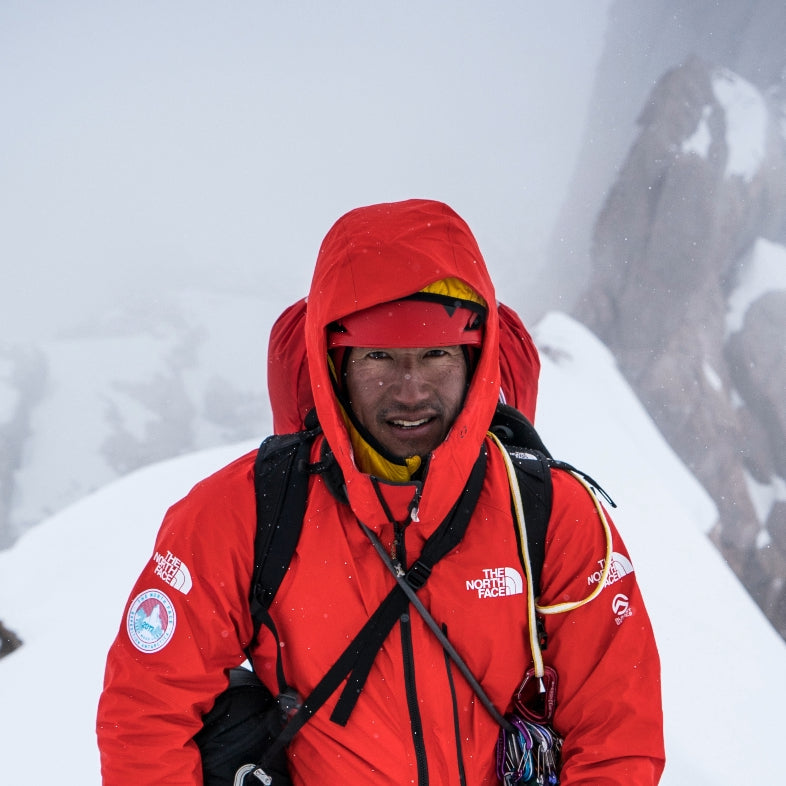
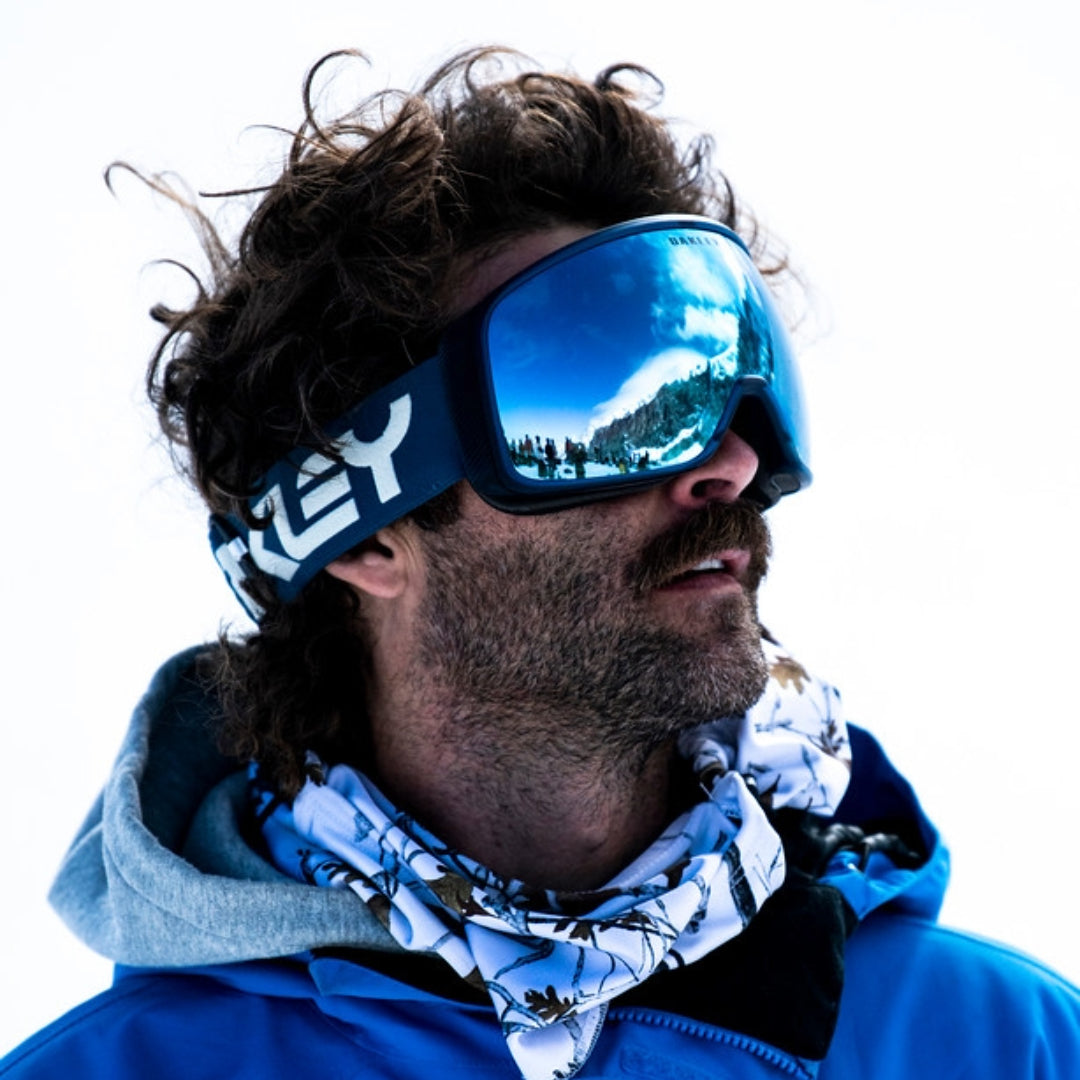
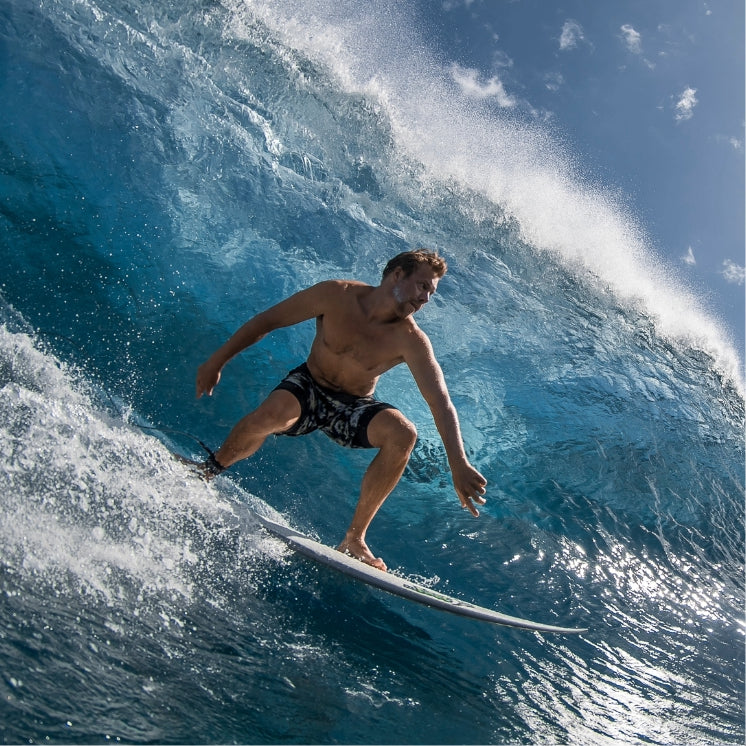
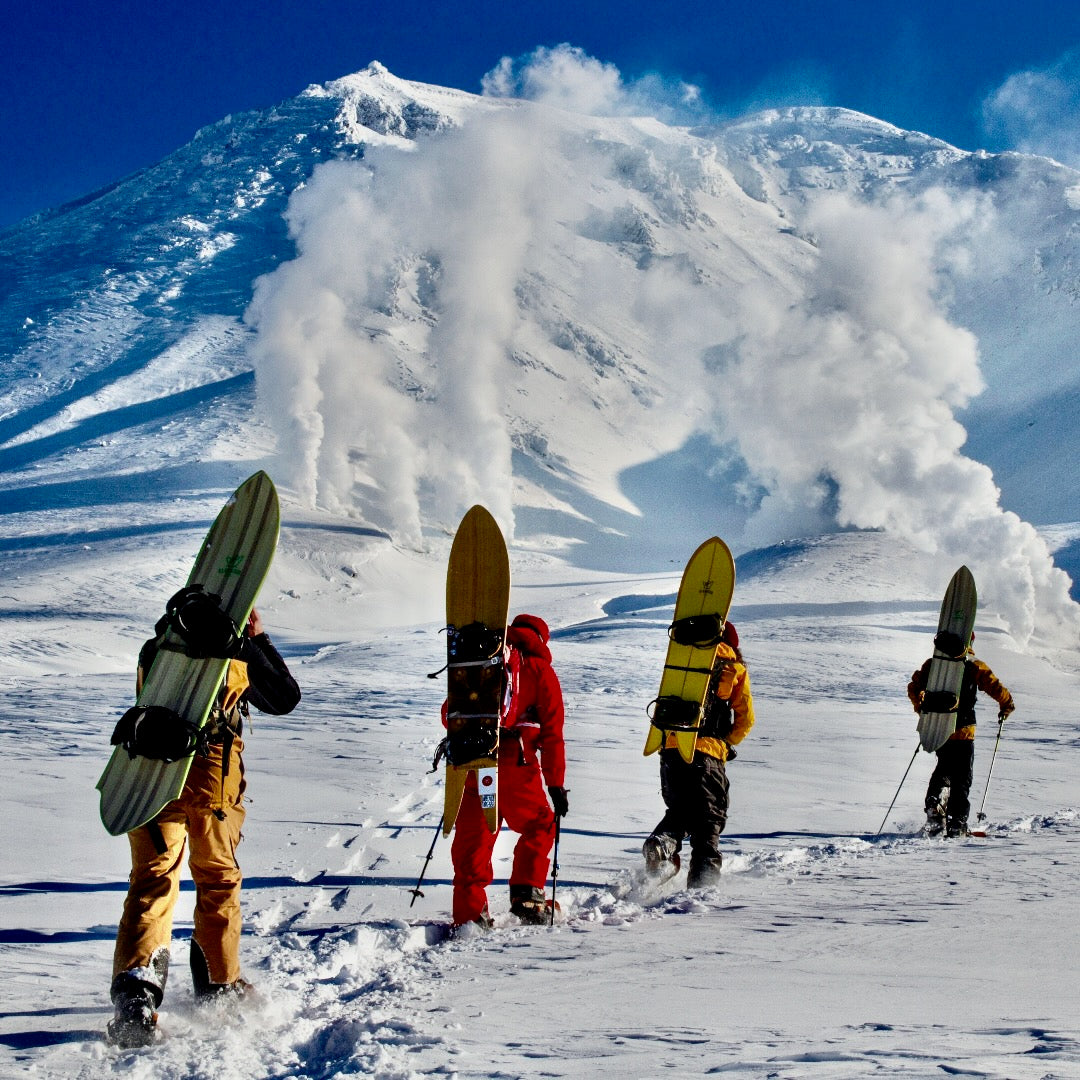

Leave a comment
This site is protected by hCaptcha and the hCaptcha Privacy Policy and Terms of Service apply.